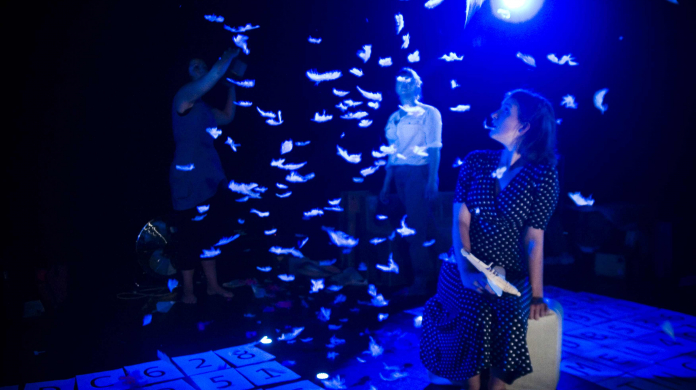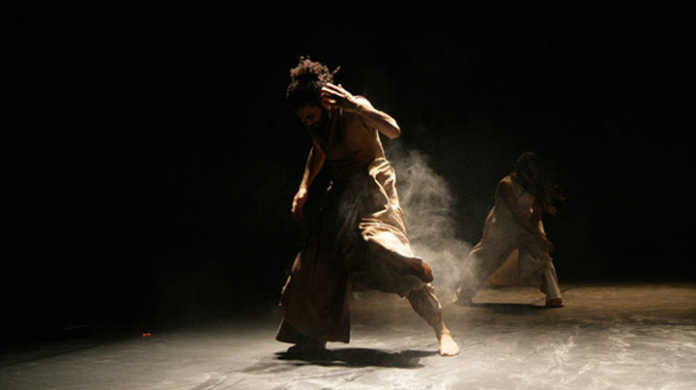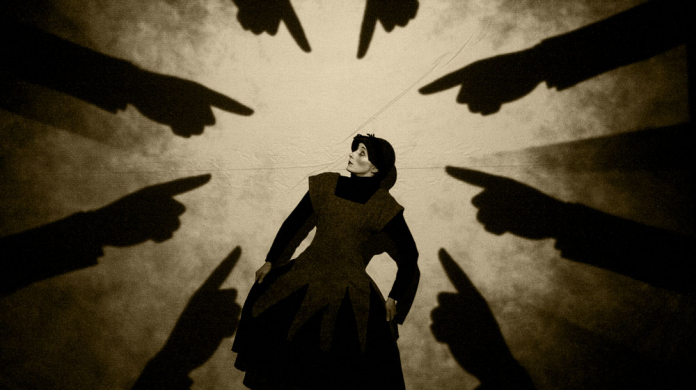China is developing its arts scene very quickly, both in terms of buildings – its concert halls, arts centres, theatres and so on – and what goes on inside them. The pace and scale of change is amazing. For British artists and institutions, China’s still seen as an adventure because it hasn't been on the cultural map for that long – perhaps 20 years. Many are still a bit wary, for all the obvious reasons, but it’s heartening to see more and more taking the plunge.
"China is still seen as an adventure"
Working here is incredibly busy. We have a decent sized team but it’s never enough. Such is the size of China, its phenomenal rate of change and the myriad opportunities out here, it’s very hard to keep up. Last year we organised UK Now, one of the largest arts festivals the British Council has ever undertaken, certainly the largest in China – 220 events in 29 cities over eight months, which nearly killed us. It was designed to coincide with the London Olympics and chimed nicely with the its fantastic opening ceremony. It was very successful, and I’m glad to say that there was plenty of dance and theatre. Akram Khan, Random Dance Company, Rambert, English National Ballet, Tom Dale Company, National Dance Company Wales and so on, numerous small-scale theatre companies from the Edinburgh Fringe, cutting-edge stuff like Subtlemob and some tradition-with-a-twist such as Propeller's Shakespeare.
Another spin-off from the UK Now festival is the China Arts Forum, which is happening on 23 April in London. A lot of quite major arts organisations, and some smaller ones, came over to China for UK Now. We now want to get lots of people in a room in London for first time ever, to see what else we can do to help – everyone from British Museum and the V&A to much smaller companies, plus Arts Council England etc., people who are deeply interested in working in China. We thought it'd be useful for them to spend two-three hours getting to know us better, them finding out about how we can help (within reason!), bearing in mind that we haven't got lots of money and we have a limited number of people. What we do have are very good networks – we're in five cities including Hong Kong – and we've got lots of skilled arts managers. We think that we can provide a useful resource, a sort of match-making facility for arts organisations who want to get into China. Some have good experience already, some do need our help.We're getting everyone together, presenting information, offering networking opportunities, taking that engagement up a level: China is on the rise, there's going to be lots of opportunities, we have to really make it work, to really help find the opportunities for the UK and listen to what they would like from us.
But already we’ve moved on. We're really capitalising on the links made during the original festival, and encouraging British arts organisations to work directly with promoters in China, without so much hand-holding from us. Two of the shows from last year are coming back this month and next, without our help – 1927's The Animals and Children Took To The Streets and Idle Motion's Vanishing Horizons. That's the ideal scenario: they come initally with our support and then return without! Another good way of encouraging theatre in China is the British Council's bi-annual Edinburgh Showcase. We brought 15-20 Chinese promotors last time [in 2011], which resulted in many productions coming over. This year, we're bringing the same number of promoters over to Edinburgh, but different ones, and we're hoping for a similar success rate... and they pay their own way.
People often ask me if censorship is an issue, and the answer is “yes”, although more so in theatre than dance. Scripts have to be approved by the Ministry of Culture but we’ve not come across any huge difficulties. We managed to put on Duncan Speakman’s Subtlemob, which is a kind of flashmob, so that was a result.
One thing the Chinese are particularly good at in the arts is that they get things done really quickly – they're building arts centres, concert halls, theatres and museums at a rate of knots; a fabulous new building seems to appear every week! What might take five years of strategising, public consultation, planning permissions and building in the UK takes half that time here. Of course, there’s a downside to that: comparatively little thought – and money – goes into what will be programmed within them. This is actually a great opportunity for UK plc. We’re very good at the ‘soft’ side – the content, the running of things, engaging with audiences and so on. This is an area we’re really concentrating on now, how to identify these kind of opportunities.
I love my job. I've been blessed with working in three amazing countries – Japan, Thailand and China – and have learned to love their cultures in different ways. At risk of sounding clichéd, I also get to meet lots of interesting people. Last year was especially rewarding – I love a big challenge and a big project, and UK Now was definitely that. Also, and this is a huge privilege and something that I tend to take for granted, but I get to see a lot of art, especially during UK Now. Often the work of a British Council arts manager is about capacity building or networking or visits… behind the scenes stuff, all very important, but last year it was such a thrill to actually present – or help to present – so many plays, shows, exhibitions and films.
David Elliot was speaking to Eleanor Turney.


